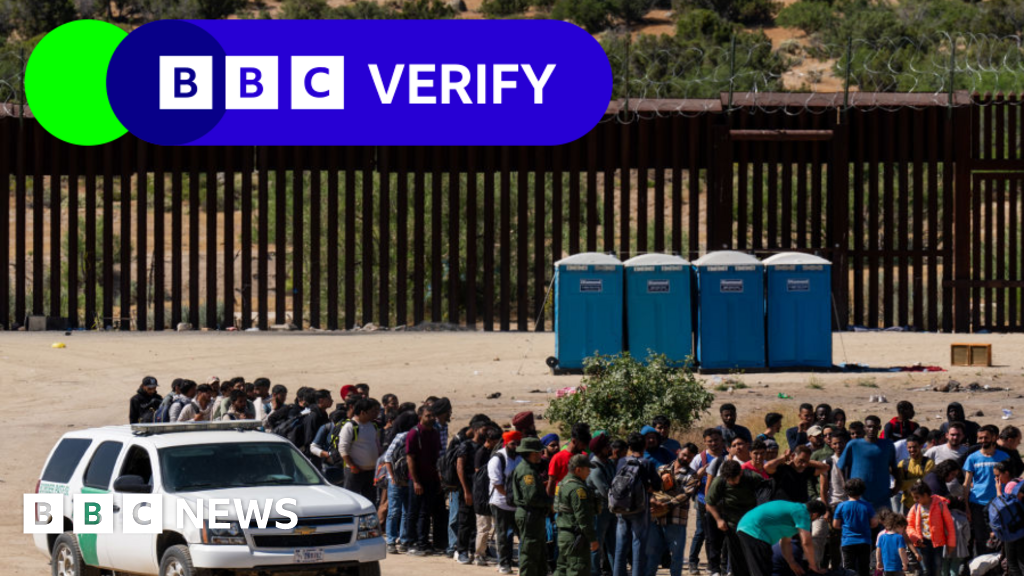And there's the catch, directly in your own words. It can make laws on anything that "doesn't break something in the constitution."
What powers does the constitution give congress and who decides whether something is constitutional?
I've already provided you a link to the specific powers given to congress. I suggest you actually read those powers.
Congress (or rather parts of congress, often but not always based on party lines) often proposes laws that are outside of its constitutional scope based on the idea that those laws are necessary for the execution of government powers, or because they think they can make those laws very loosely fit into one of congress's powers. A lot of the time these laws are basically political theater where the writers know the law won't pass congress, and if it does then it still won't pass the supreme court when challenged.
That doesn't mean that congress has unlimited powers to make whatever laws on any topic it wants. If the current congress was to make a law legalizing abortion in all states it would be political theater because the current supreme court would not accept it as more than half the justices are anti-abortion. All the supreme court would have to do is say that congress doesn't have the constitutional authority to regulate abortions.
I suggest you read the following:
It shows 3 ways that congress could make a case for why they are able to regulate abortion, but based on your response to the arguments in Roe V Wade I think you would find these similarly lacking. Congress doesn't have any specific authority to regulate abortions based on the powers given to it by the constitution so they really need to twist and spin things to make their case.
The fact of the matter is, the constitution was written to give states a lot more broad powers to create laws than congress, and I believe that the current supreme court would prevent any federal measure that would make abortion legal nationwide.
Now in theory that should also mean that congress probably wouldn't be able to make abortions illegal nation-wide either, but given that congress has a lot of power over commerce they could make it illegal for the drugs necessary for abortions to be bought in states where abortion is legal, thus making abortions much more difficult. I also believe that the current supreme court would be much more likely to accept flimsy anti-abortion constitutional arguments than flimsy pro-abortion ones.


